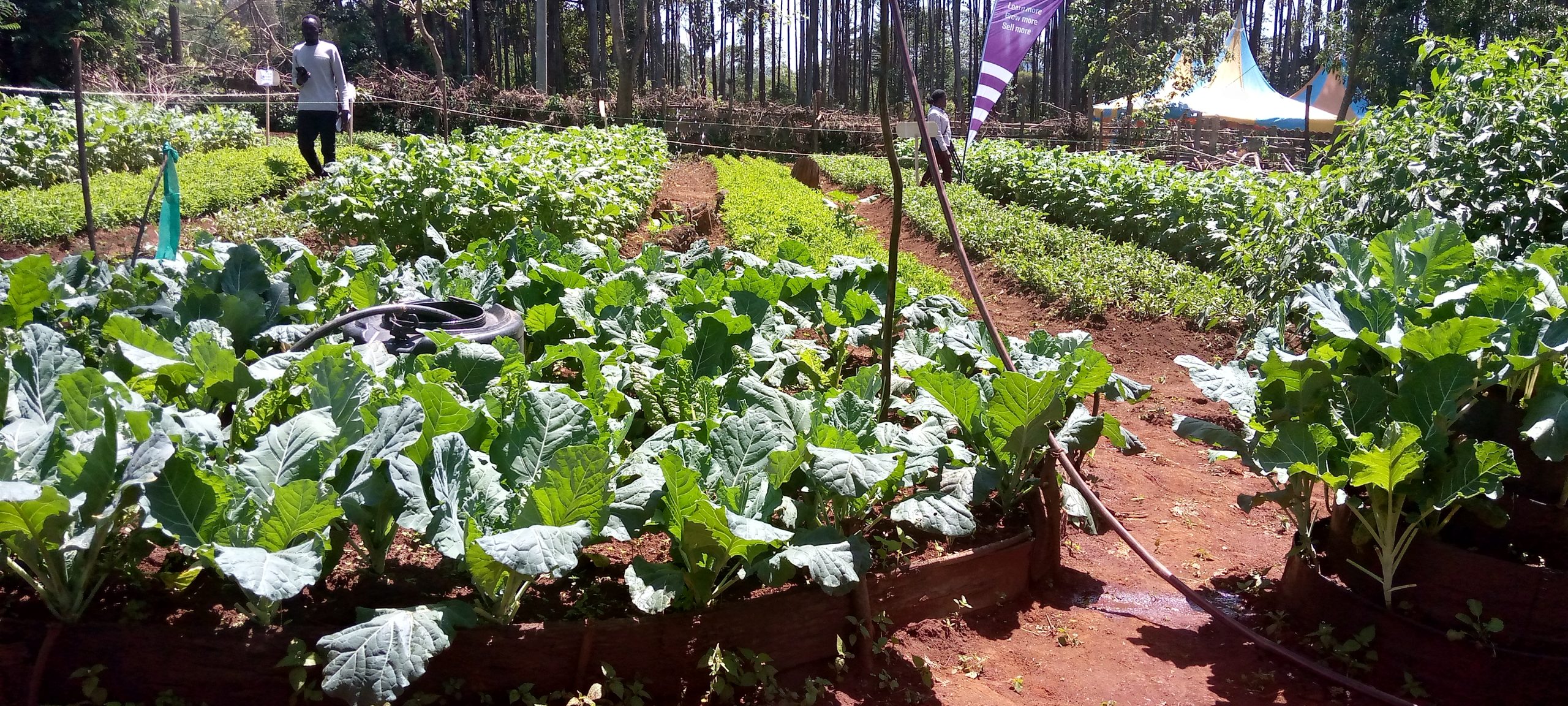Ripple Effect, a Non-Governmental Organization (NGO), has launched the “Boresha Mazingira Project” in Mnagei and Kapenguria wards, aimed at enhancing climate resilience and food security for the most vulnerable households in West Pokot County.
The project is a significant milestone in the region, focusing on environmental protection while empowering local communities to engage in commercial agriculture.
By equipping families with knowledge and skills, Ripple Effect aims to uplift communities suffering from the adverse effects of climate change, hunger, poverty, and malnutrition.
Speaking during the launch at Kamorrow in Mnagei ward, Ripple Effect’s Programme and Partner Support Manager, Alfred Juma, emphasized the organization’s commitment to building capacity in rural populations to mitigate climate-related challenges.
He explained that the organization focuses on sustainable agriculture, using natural resources to improve soil fertility and water retention, ultimately boosting productivity.
“We work to ensure a confident, thriving, and sustainable rural population. Our mission is to equip families and communities to transform their lives while protecting the environment,” said Juma.
He highlighted Ripple Effect’s core values of accountability, integrity, and compassion, which drive their efforts in community transformation.
The Boresha Mazingira Project supports diverse agricultural ventures, including horticulture, poultry, beekeeping, donkey rearing, and crop production.
Through these initiatives, the organization helps set up micro-enterprises to stimulate local economic growth while establishing reliable market access for the communities.
Juma also pointed to the project’s focus on gender and social inclusion, targeting vulnerable groups, such as women and individuals affected by hunger, poverty, and malnutrition.
A recent community assessment revealed high levels of malnutrition, prompting the need for enhanced skills, knowledge, and technological support to improve food production at the household level.
“We are working closely with the County Government, Pokot Cooperative Farmers Unions, and YANG’AT, aiming to uplift 700,000 people out of poverty by 2030.
Our goal is for these people to have access to safe, adequate, and nutritious food, earn at least Ksh 250 daily, and save Sh500 every week to better withstand the impacts of climate change,” Juma noted.
At the regional level, Ripple Effect’s officer, Biron Wayodi, shared that the organization’s broader goal is to support five million people across six counties—Baringo, Isiolo, Marsabit, Samburu, Turkana, and West Pokot—by 2030.
Wayodi emphasized the significance of the project’s launch in West Pokot, noting that it was a key step in proving the effectiveness of their interventions.
“We are not shifting focus from the community’s core activities but rather helping them diversify income sources to support their daily economic needs,” said Wayodi.
Deputy County Commissioner Wycliffe Munanda commended Ripple Effect’s impact in the short time it has been operating in the region. He highlighted the need for the project to be expanded to remote areas facing severe hunger and drought, calling for greater integration of Agricultural Extension Officers into the program.
“The project has already shown benefits by improving the economic well-being of the community. Scaling it to more areas will be crucial for addressing extreme hunger and drought,” said Munanda.
Peter Ritonyang, chairman of one of the beneficiary groups, praised the organization for empowering the community through training and equipment, resulting in improved livelihoods.
Another beneficiary, Esther Karuno, expressed confidence in the sustainability of the farming ventures being practised, noting that they would help eliminate drought and enhance food security in the region.
The Boresha Mazingira Project marks a hopeful step forward for West Pokot County as it battles the challenges of climate change, hunger, and poverty, with Ripple Effect’s support offering new opportunities for growth and resilience.





